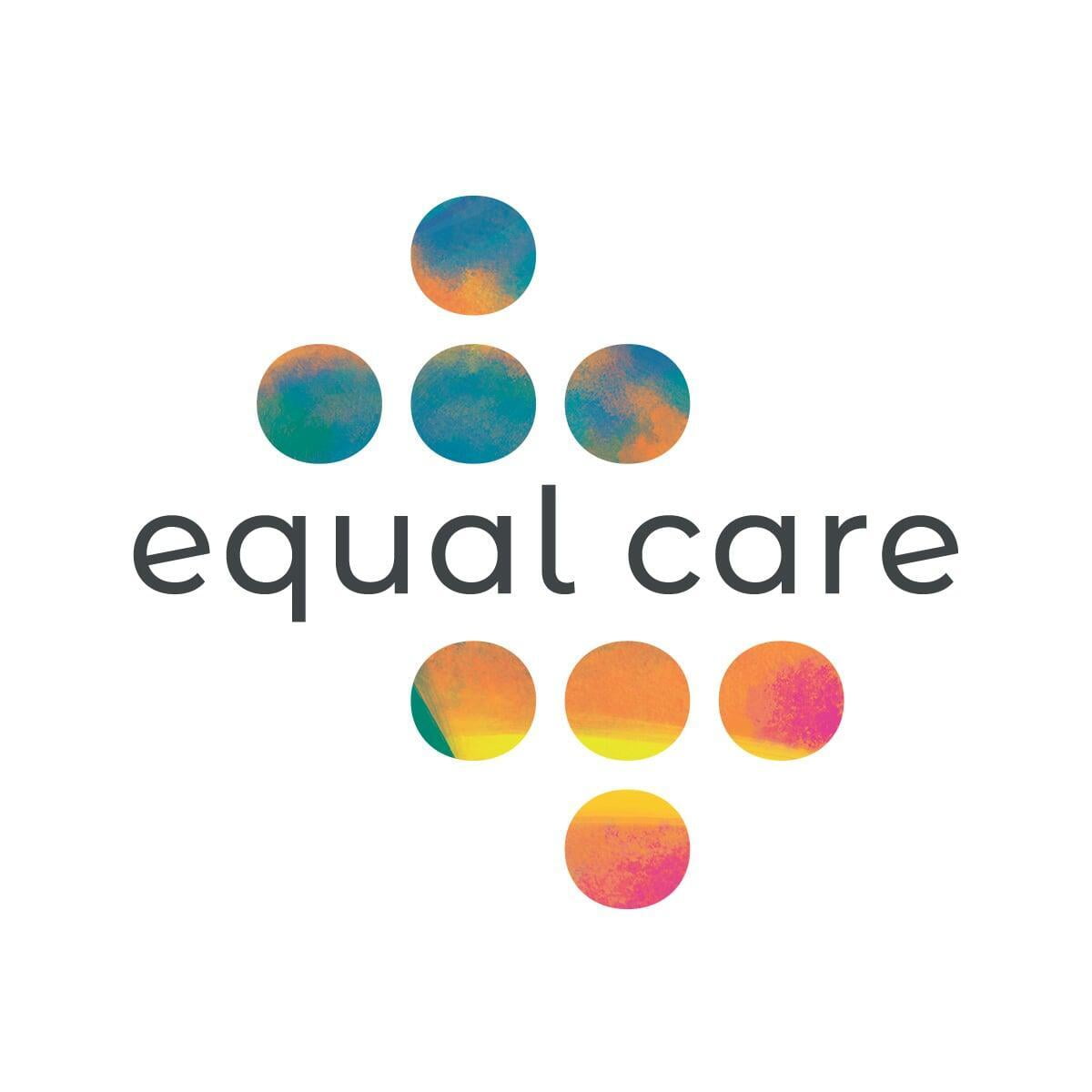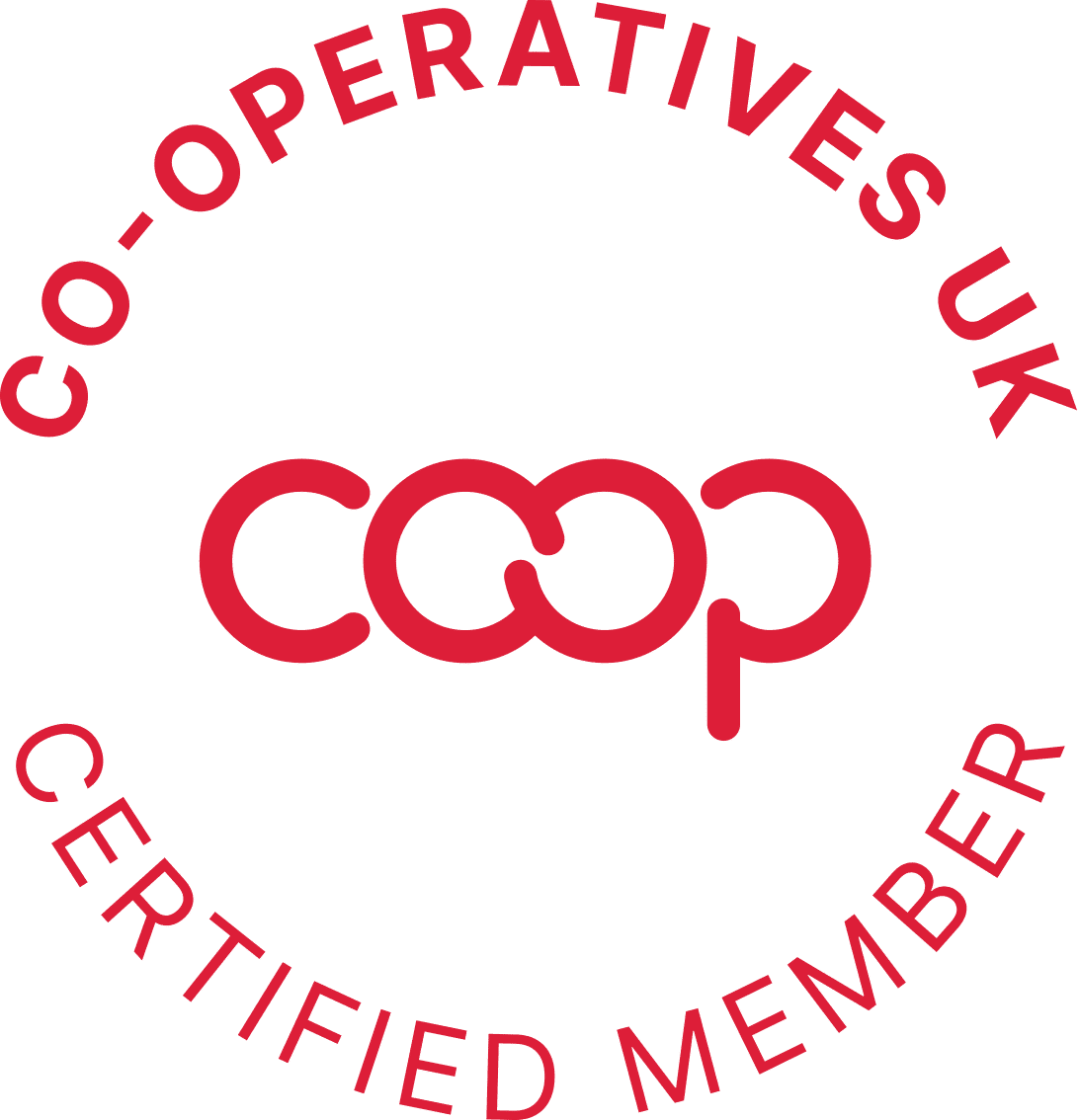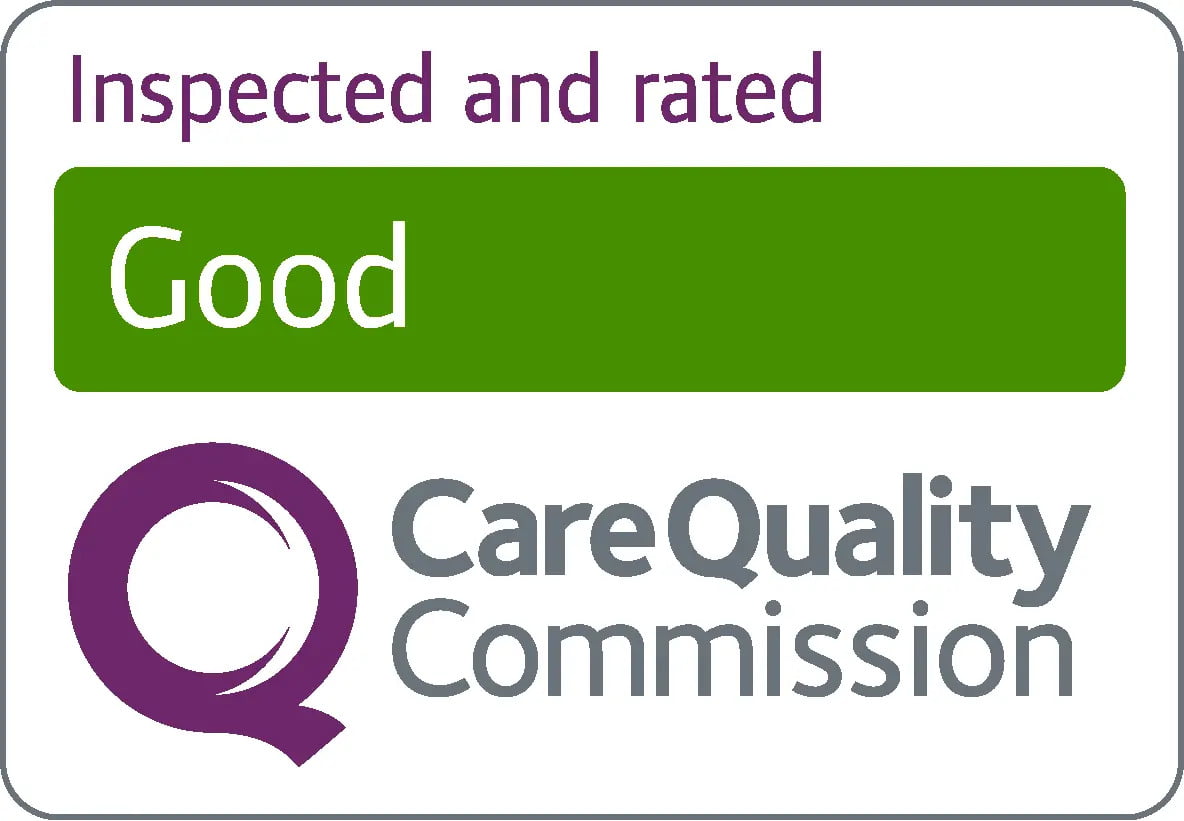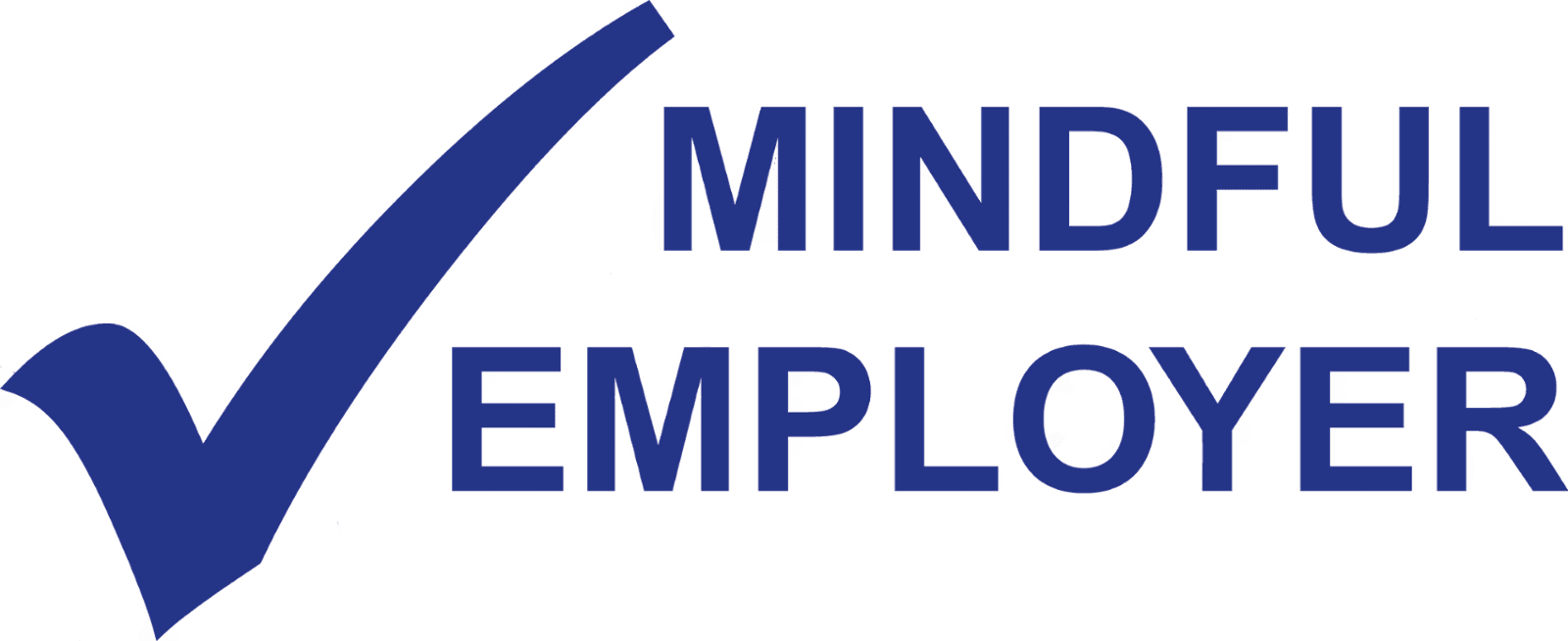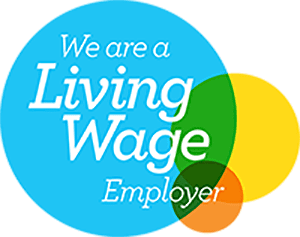Community Circle Organiser
Summary
You will support, be in service of, develop and help start equal care and support community circles - groups of people in a local area who want to come together to tackle the caring challenges where they live. You'll help community volunteers to join up and give support to others, including people giving peer support and experiencing caring needs of their own.
Your role is to facilitate the growth and development of the circle, to help bring in resources, to connect people to Equal Care infrastructure and to support the community volunteering. You are also the point person to go to for resolving problems and concerns that may arise in the course of the circle’s work. Your focus is on ‘caring for the whole’, having deep consideration and concern for the dynamics of each circle and facilitating positive, healthy power.
This role is part of a pilot - some of the activities described below are dependent on the development of Equal Care’s digital offering and will come into play over the course of next year.
This role is now closed, thank you very much for your interest!
The basics
| Salary | £25,000 - £28,000 dependent on experience and qualifications |
| Full-time or part-time? | Either. Your choice. |
| Flexible working okay? | Yes, of course, although be mindful that the majority of community meetings will be taking place in evenings and over weekends to accommodate volunteers. You won't be going to all of them but you do need to take this into account for this role. |
| Job share allowed? | Yes , that too |
| Can I combine it with other roles in Equal Care Co-op? | Yes, absolutely |
| Where is it? | The role geography covers the whole of Calderdale but for the first year will be in and around Hebden Bridge, Todmorden and Blackshaw Head with office time in Halifax. Your place of work will be University Business Centre, 27 Horton St, Halifax HX1 1QE. |
| Do I need a car? | No, but it would really help with getting to people for circle meetings and connecting with volunteers. If you can drive but don't have a car we'll sign you up to our local eco friendly car club. We also welcome avid cyclists! |
| Key Circle (i.e. main team) | People |
| Link Person (i.e. main person to support you) | Emma Back (for first year) |
| Your Links | Circle community volunteers + team members on a rotating annual basis |
| Circle Roles | You may be nominated into these as part of your work. |
| Disabilities and differences welcome? | More than welcome - actively welcome. Please apply! We're disability confident and a mindful employer and we're committed to doing our bit to erode the disability employment gap. |
| Disclosure and Barring Service check? | Yes. We will need an Enhanced Check as part of a conditional offer for this job. We follow the Code of Conduct for these. |
Some definitions before we begin
Community Organising is the work of bringing people together to identify and find solutions to important local issues. Community organisers reach out, listen, connect and motivate people to build their collective power.
A community support circle is a group of people coming together in their neighbourhood to tackle the caring challenges unique to their area or particular circumstances. It has a diverse membership representing all the perspectives in caring (people getting support, family members, professionals, local volunteers…). The circle members make up the membership of Equal Care Co-op, but they act semi-autonomously, having significant direction and control over how the circle works and the work that it comes together to do.
What you'll be doing
We like and support dynamic and emerging work roles. Each section below should be treated as a mini-role in its own right and the share of time you spend on each will change. Significant changes are agreed as part of the consent process with your circle and you lead on your role review at least biennially. You will act upon the role, helping to sculpt it and shape the experiences of circle organisers who will follow in your footsteps.
What you're like
You are an experienced facilitator and have a deep understanding of group dynamics. You are an excellent communicator, able to adapt your approach to the situation and you work in an enabling way that focuses on and builds strengths. You have resolved conflict in groups before and the environments you support are inclusive, welcoming and people are able to get things done. You have a keen sense of social justice and you are very mindful of how underlying social, structural and economic inequities can drive behaviour.
You’re good at keeping records, spotting potential issues and recording what you learn. You are very community-minded and you prioritise direct voices of those experiencing an issue over other perspectives. You really enjoy feeling connected with diverse community networks and you speak to everyone!
(Don’t be discouraged if you don’t immediately recognise yourself in the description above. It is our experience that many people in caring or community roles are not so brilliant at seeing their own merits. If you struggle with this, get family and friends to read the paragraph above and they’ll see qualities you may have missed).
Your experience & qualifications
If you’ve had about 70% of these experiences that’s great, the rest can be learned (and we'll provide whichever training is the right fit for you). We haven't divided things into essential v desirable but if you can see only a few things that apply to you this may not be the right role for you right now.
Experience
It’s likely that you will have held roles such as or similar to Community Development Worker, Local Area Co-ordinator, Group Facilitator, Events Co-ordinator, Volunteer Manager, Training etcetera. Any jobs that cover bringing together and working with groups, supporting volunteers and helping people work together and get their voices heard fall within the scope of this role.
Your experience will likely have been in community and co-operative development and may include activism or campaigning work that involves any organising with a group.
Although it would be a benefit to have had experience with alternate forms of decision-making (consent, consensus, sociocracy, worker co-op voting) this isn’t required for this role. We will train you in sociocratic ways of working and give you access to any skills development you need.
QualificationsA 'typical' month (or two)...
This job will vary a lot! Writing a typical week proved difficult, so this is a typical month (or two).
You are working with a few local people keen to set up a circle in their area. These people form the first few members of the circle and the core steering group to get it up and running. They might be professional care workers, community volunteers or people and their families getting care and support. You arrange a meeting at a local venue to share experiences and start understanding what people want out of the proposed circle. This meeting is a combination of getting to know one another, talking about big picture aspirations and identifying practical next steps.
With a mutual working purpose and a few initial meetings the group can publicise an open launch circle meeting (or workshop). You help with access to and use of the tools to do this, co-ordinating with your equal care colleagues to enable things like design and print of flyers, writing articles for local newsletters, booking a venue and talking to people and community groups who may be interested in coming along. You ‘top up’ the capacity in the core steering group by using the assets of the wider co-operative to help make it all happen. You lead on setting up the circle’s digital tools (including access to the circle budget) to enable collaboration and ensure that circle communication is mindful of people who have different needs and preferences.
You help the group plan, facilitate and learn from the launch, setting the agenda in collaboration with them. This includes developing and adapting a circle agreement between the wider co-operative adn amongst the circle members themselves.
You arrange meetups with volunteers who have recently joined the circle to set up their profiles, explain how the matching works and carry out some background checks. Once this is complete you facilitate the first few matches with the equal care facilitator and any named circle members nominated to be involved.
Meanwhile, a circle you helped launch in another area has run into difficulties and contacts you to help resolve the issue. There has been a personality clash and two circle members are in conflict. This has had an impact on circle meetings and the membership has dropped significantly since the issue began.
You meet separately with both individuals to understand the concerns and establish what each person wants. Neither want to leave the circle and each person feels that they are more committed than the other. With help and advice from your equal care colleagues, you’re able to facilitate a meeting between them and achieve an agreement around how they relate to one another in circle meetings. You offer to co-facilitate the next few meetings, including providing a space to acknowledge the difficulties. You also do some work with other circle members to restore membership levels and get the circle back on track.
